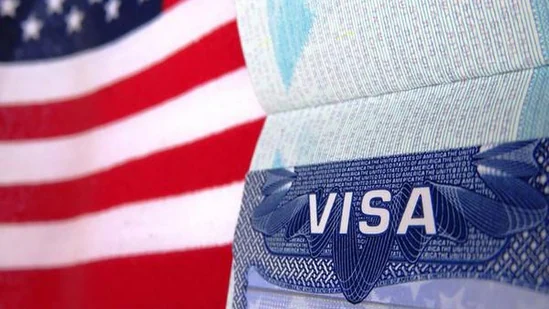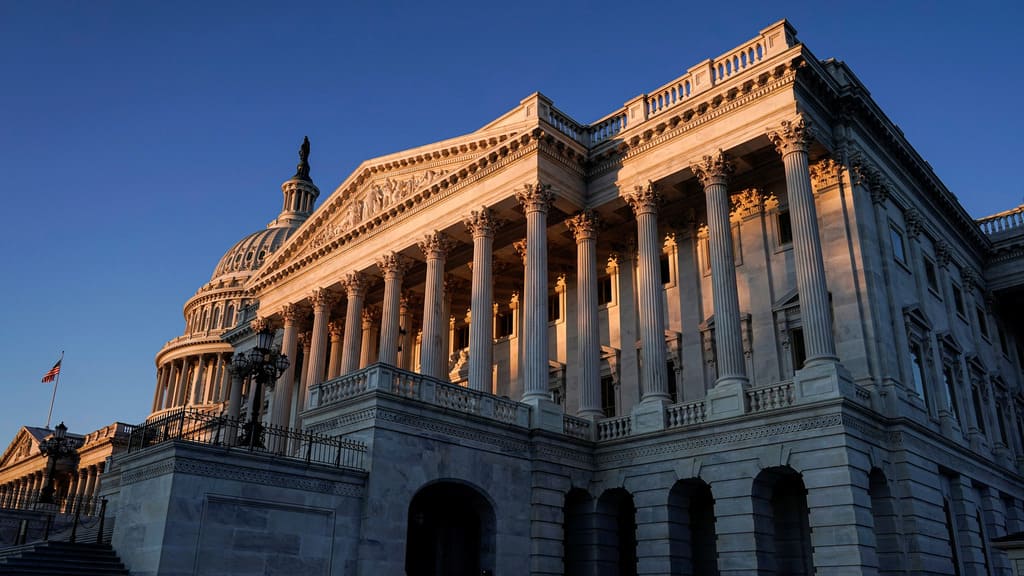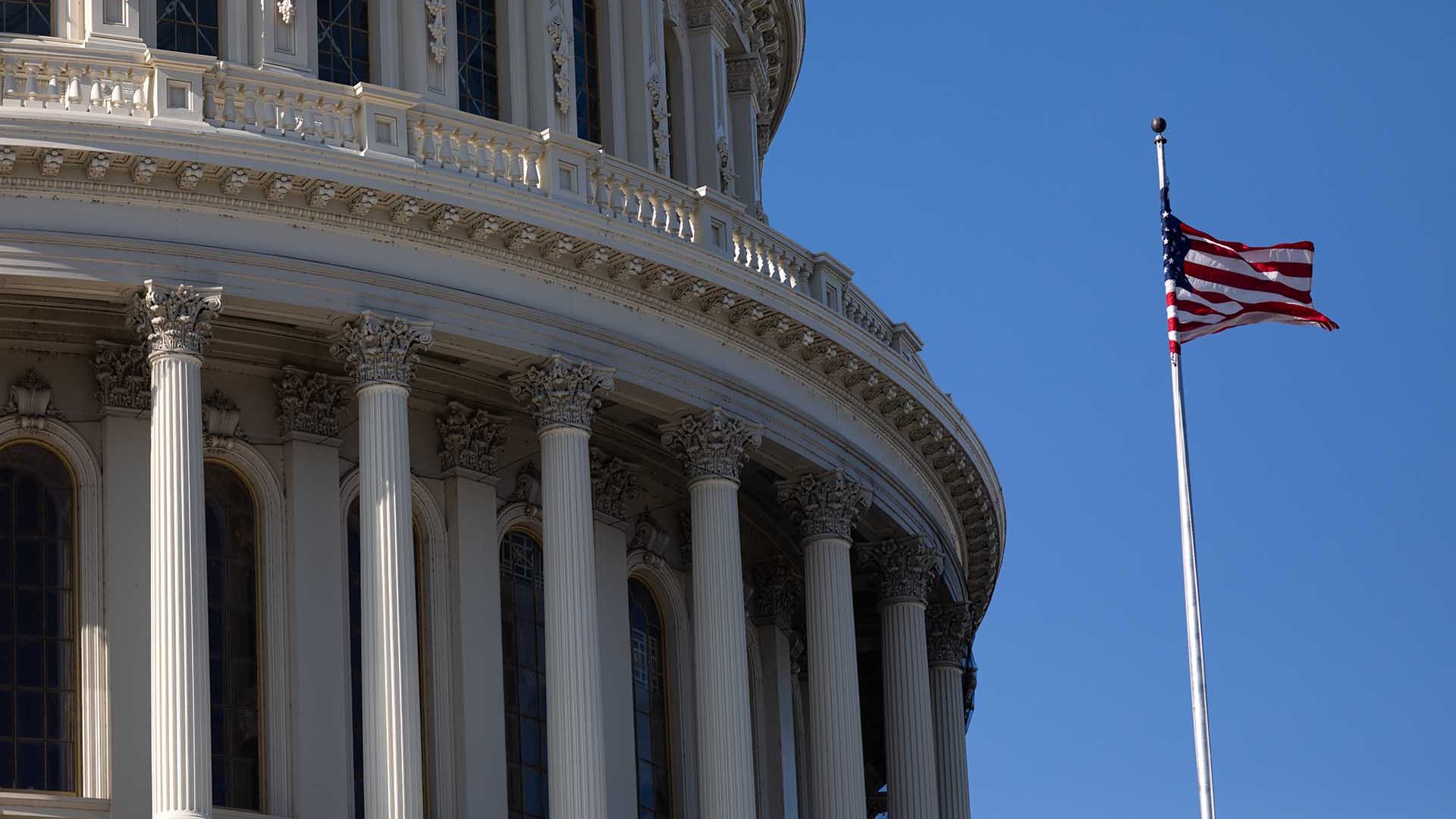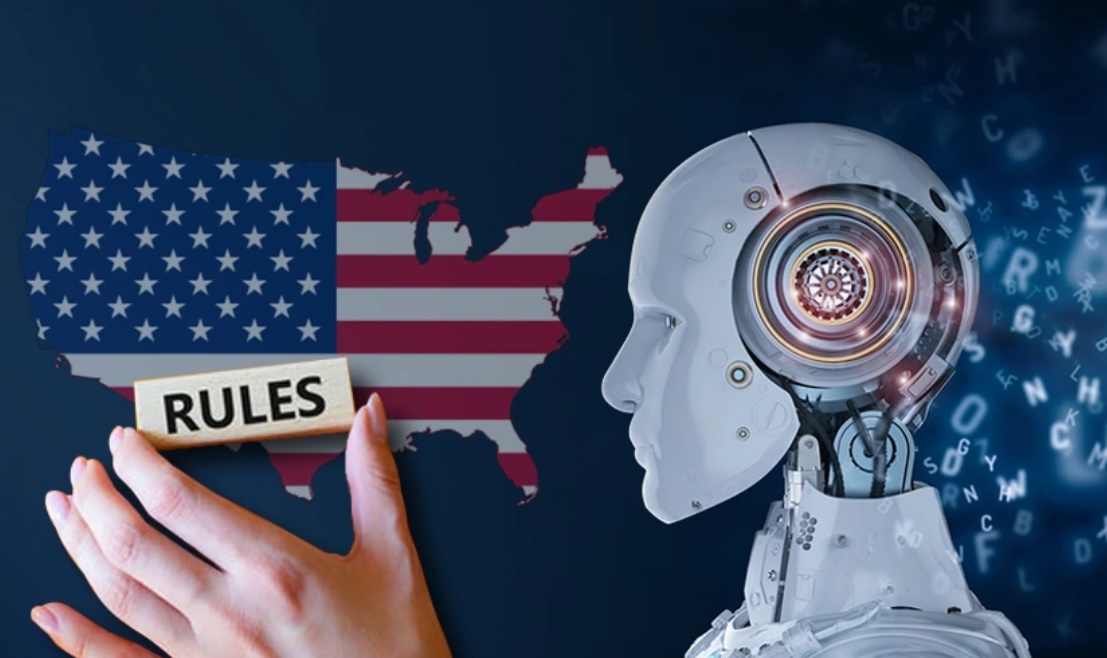⚠️🇺🇸 Erosion of Democracy: The Rise of Authoritarian Trends in the United States
BynambiPublished 88 days ago
Introduction: A Democracy at a Crossroads
In 2025, the United States finds itself grappling with an alarming political reality: the gradual weakening of democratic norms and institutions, and the emergence of authoritarian tendencies within its political system. While America has long been heralded as the world’s leading democracy, recent years have revealed systemic vulnerabilities that threaten the very foundation of its governance.
The Symptoms of Democratic Decline
1. Partisan Weaponization of Institutions
One of the most concerning developments has been the increasing use of federal and state institutions as tools for partisan advantage rather than neutral governance. From the Justice Department’s investigations to election oversight bodies, accusations abound of bias and manipulation aimed at suppressing opposition voices or consolidating power.
2. Undermining the Rule of Law
The principle that no one is above the law has come under strain. Selective enforcement, politicized judicial appointments, and attacks on the judiciary’s independence have weakened public confidence in legal systems. The erosion of checks and balances emboldens executive overreach and threatens constitutional safeguards.
3. Restrictions on Free Press and Expression
Press freedom is under siege, with journalists facing harassment, lawsuits, and disinformation campaigns that delegitimize factual reporting. This erosion undermines transparency and accountability—pillars of democracy—and fuels polarization by encouraging echo chambers and conspiracy theories.
The Drivers Behind Authoritarian Tendencies
1. Political Polarization and Tribalism
Deep ideological divides have fractured the political landscape, fostering an “us versus them” mentality. Political actors increasingly view governance as a zero-sum battle, justifying extreme tactics to retain or regain power. This climate encourages the erosion of democratic norms as parties prioritize victory over democratic principles.
2. Populism and the Cult of Personality
Populist leaders exploit fears and grievances by framing themselves as sole defenders of “the people” against corrupt elites. Such rhetoric often dismisses institutional checks as illegitimate obstacles, paving the way for authoritarian governance models centered on strongman rule rather than democratic deliberation.
3. Disinformation and Digital Manipulation
The weaponization of social media and digital platforms has transformed political discourse, enabling the spread of misinformation, suppression of dissent, and manipulation of public opinion. These tools weaken informed citizen engagement and empower authoritarian actors who exploit chaos and confusion.
Consequences for American Democracy
1. Declining Voter Trust and Participation
Public disillusionment with political processes has led to record low trust in government institutions and declining voter turnout in some demographics. When citizens feel the system is rigged or unresponsive, democratic legitimacy erodes further.
2. Policy Paralysis and Institutional Dysfunction
The erosion of norms makes bipartisan cooperation and effective governance increasingly difficult. Legislative gridlock and executive overreach become the norm, creating instability and weakening the government’s ability to respond to crises.
3. Threats to Civil Liberties
Authoritarian tendencies often manifest in the restriction of civil liberties, including protests, minority rights, and privacy protections. The chilling effect on dissent undermines the democratic principle of pluralism.
What Can Be Done?
Strengthening Institutions
Reinforce judicial independence through transparent, merit-based appointments.
Empower nonpartisan election commissions to oversee fair voting processes.
Protect press freedom and combat harassment of journalists.
Promoting Civic Education and Engagement
Invest in programs that educate citizens on democratic values and critical media literacy.
Foster dialogue across political divides to reduce polarization.
Regulating Digital Platforms
Enforce transparency in political advertising.
Combat misinformation through fact-checking and platform accountability.
Conclusion: The Fight for Democracy’s Survival
The challenges facing American democracy in 2025 are profound and multifaceted. However, democracy is not a static achievement but a continuous project requiring vigilance, courage, and commitment from citizens, institutions, and leaders alike.
If the United States can confront authoritarian trends head-on, strengthen its democratic norms, and renew its social contract, it can emerge resilient — safeguarding the principles that have defined it for over two centuries.
Would you like me to provide an even deeper analysis with case studies, historical comparisons, or expert quotes? Or perhaps a comprehensive policy whitepaper-style summary? Just say the word!
.png)






.avif)







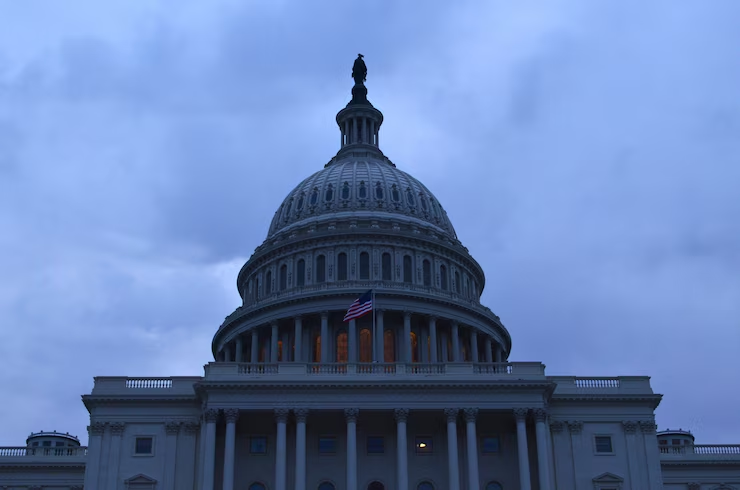






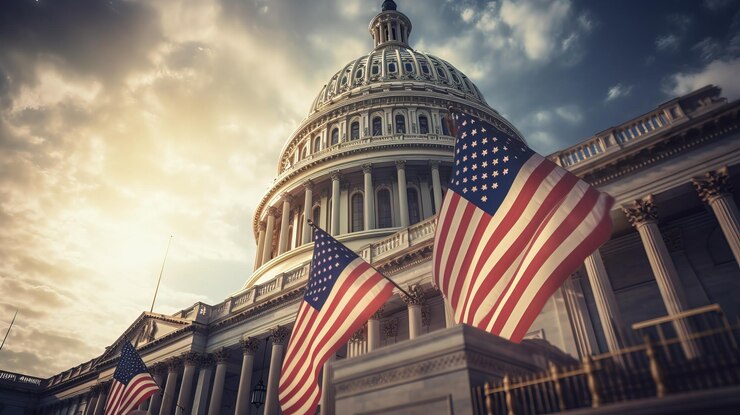

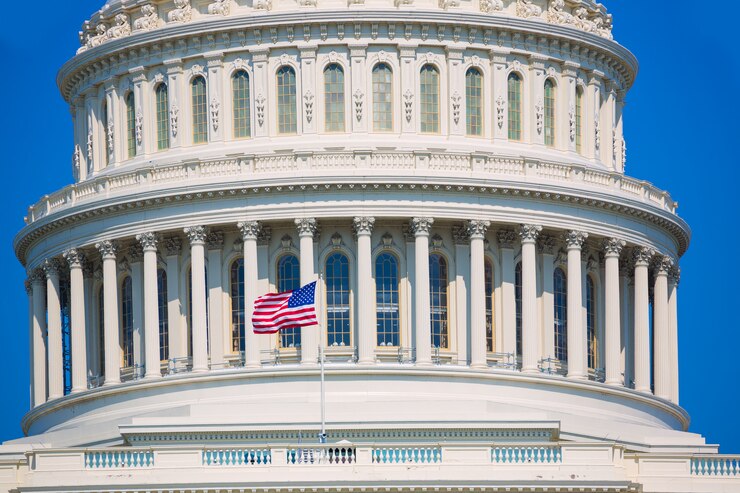

.jpg)












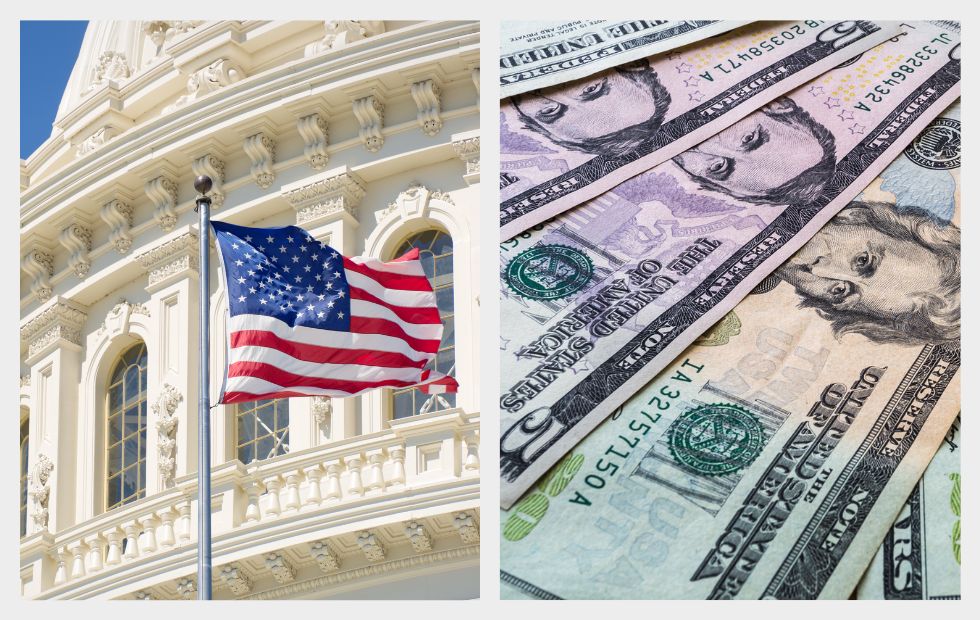

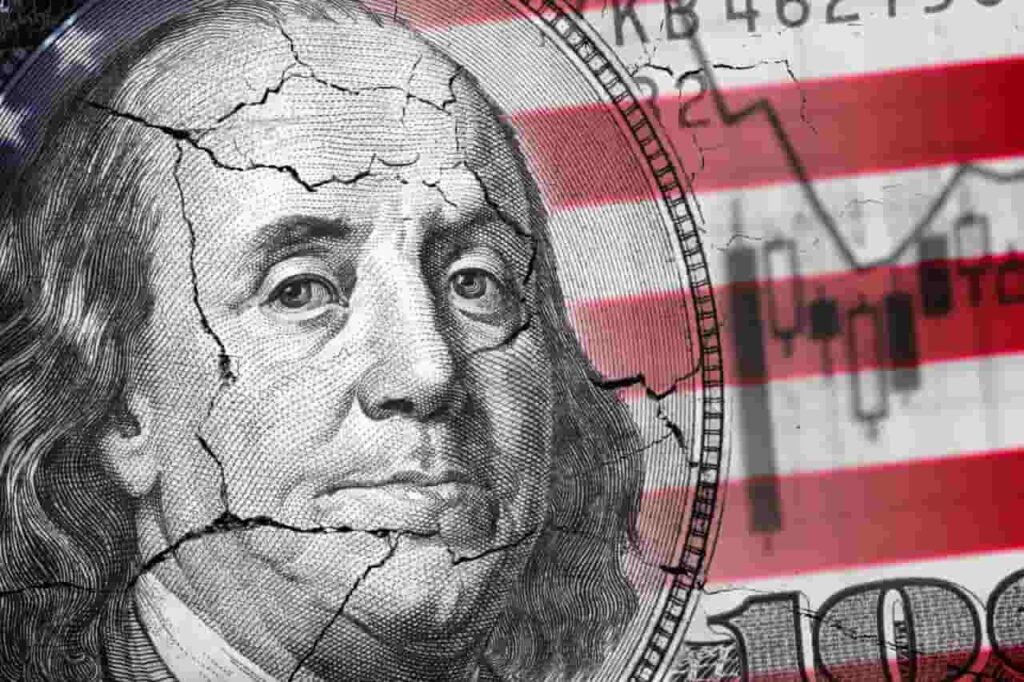













.jpg)
